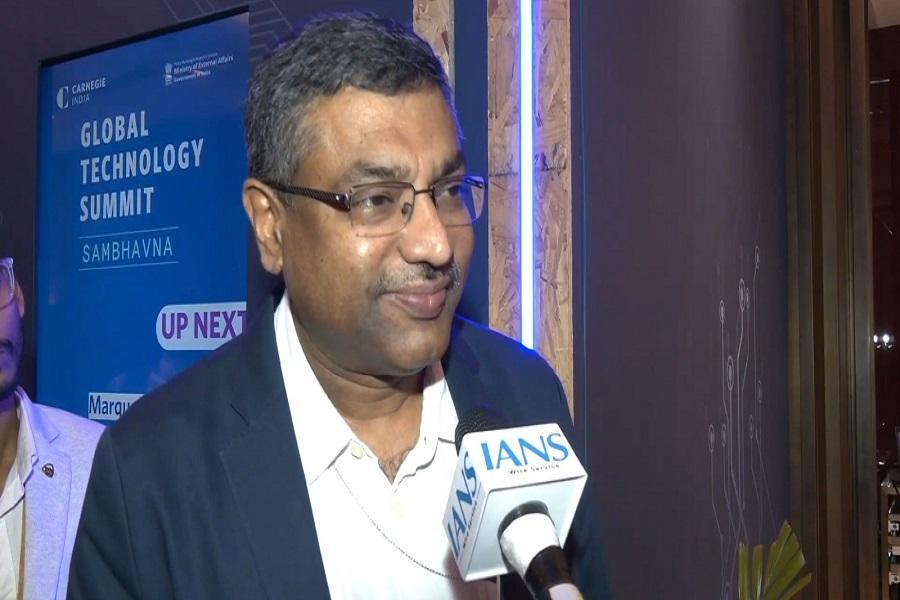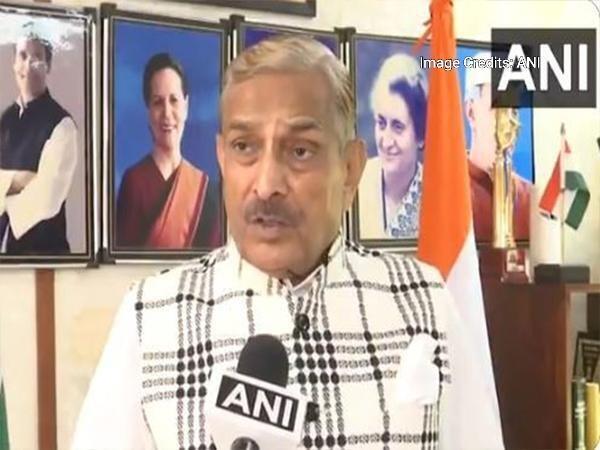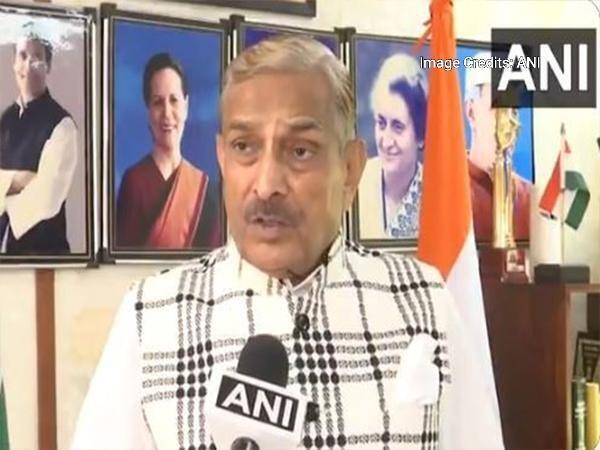
India Aims to Lead Global AI Race: IT Secretary S Krishnan
In a bold move, India is setting its sights on leading the global artificial intelligence (AI) movement, rather than just participating in it. This was announced by S Krishnan, Secretary of the Ministry of Electronics and Information Technology (MeitY), at the Global Technology Summit.
Krishnan emphasized that this is a defining moment for India to scale AI across government and businesses, signaling a significant shift in the country’s approach to AI adoption. India’s ambition to lead the global AI race is a testament to its growing confidence in its technological capabilities and its willingness to take on new challenges.
India’s AI Aspirations
Under the leadership of Prime Minister Narendra Modi, India has been actively promoting AI adoption across various sectors, including healthcare, education, finance, and manufacturing. The government has launched several initiatives aimed at developing AI capabilities and creating a robust AI ecosystem.
MeitY has been playing a crucial role in driving AI adoption in India. The ministry has set up various initiatives, such as the National AI Portal, which provides information and resources on AI applications, and the AI for All program, which aims to promote AI education and research.
India’s AI ambitions are not limited to domestic adoption. The country is also seeking to become a significant player in the global AI landscape. Krishnan’s statement underscores India’s determination to lead the global AI race, rather than simply following established leaders like the United States, China, and Europe.
What’s Driving India’s AI Ambitions?
Several factors are driving India’s AI ambitions. One of the primary reasons is the country’s large pool of skilled IT professionals and engineers. India has a strong foundation in software development and has been a major player in the global IT industry for decades. This expertise is now being leveraged to drive AI adoption and development.
Another key factor is the Indian government’s commitment to AI adoption. The government has identified AI as a strategic priority and has launched various initiatives to promote AI development and adoption. The government is also investing heavily in AI research and development, providing funding and resources to startups and academia.
The Indian startup ecosystem is also playing a significant role in driving AI adoption. India has a thriving startup ecosystem, with numerous startups focusing on AI and machine learning. These startups are developing innovative AI solutions and applications, which are being adopted by both domestic and international customers.
Challenges Ahead
While India’s ambitions to lead the global AI race are laudable, there are several challenges that need to be addressed. One of the primary challenges is the lack of data availability and quality. AI applications require large amounts of high-quality data to function effectively. India’s AI ecosystem faces significant challenges in terms of data availability, particularly in areas like healthcare and finance.
Another challenge is the need for skilled talent. While India has a large pool of skilled IT professionals, there is a shortage of specialized AI talent. India needs to develop a larger pool of AI experts to drive innovation and adoption.
Additionally, there are concerns around AI ethics and governance. As AI becomes more pervasive, there is a growing need for ethical frameworks and regulatory mechanisms to ensure that AI applications are developed and deployed in a responsible and transparent manner.
Conclusion
India’s ambition to lead the global AI race is a bold move that reflects the country’s growing confidence in its technological capabilities. While there are challenges ahead, India’s AI ecosystem is well-positioned to drive innovation and adoption. With the right policies, investments, and talent, India can indeed become a leading player in the global AI landscape.






